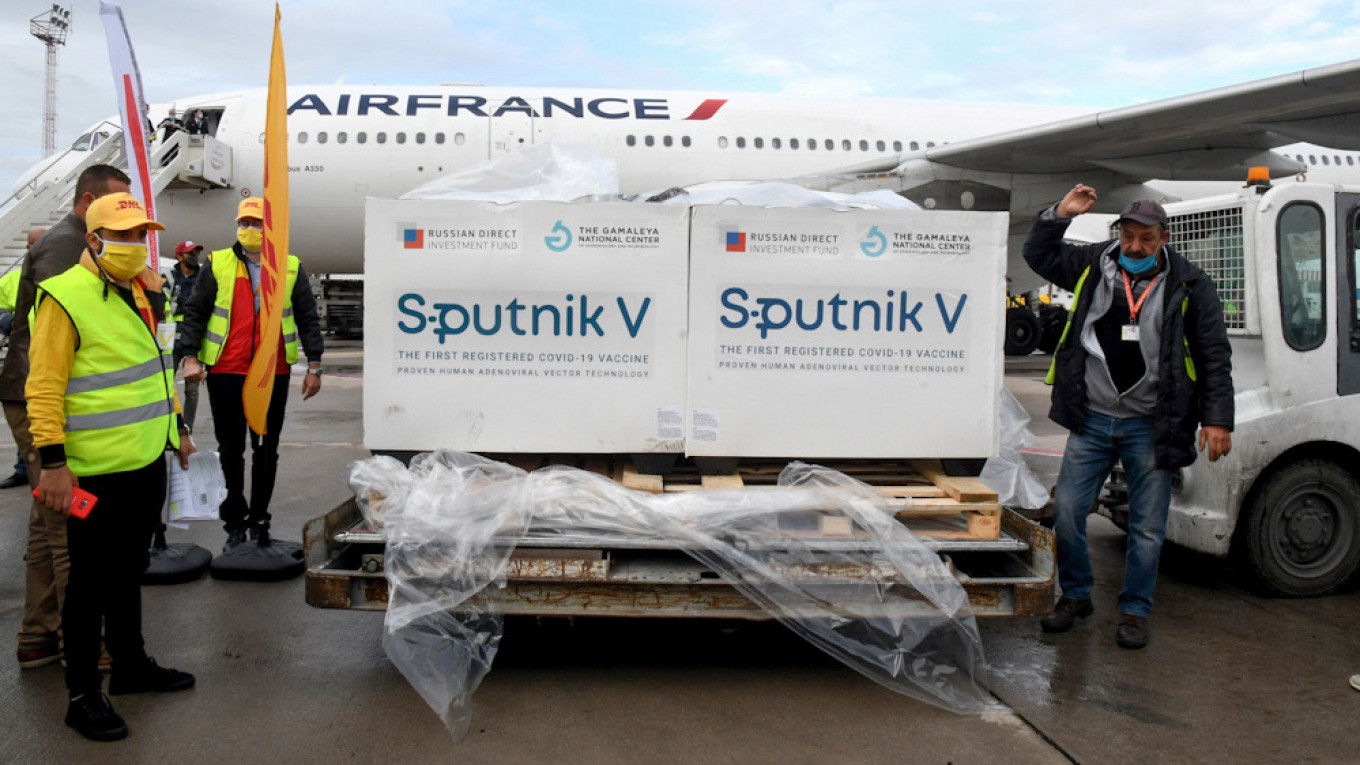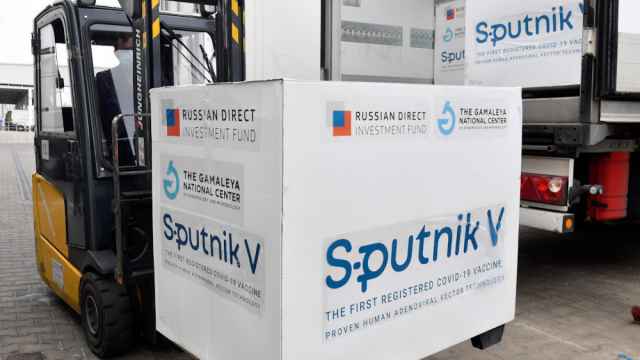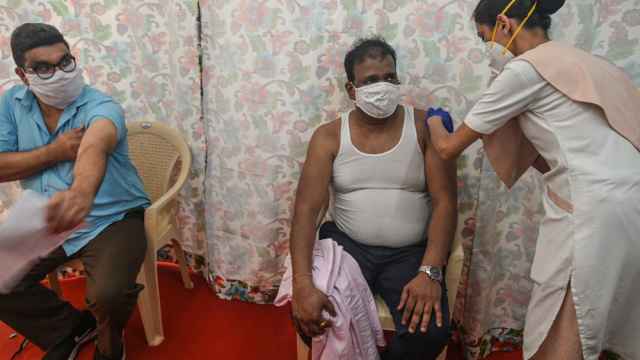Guatemala has asked Russia for a refund over its failure to deliver doses of the Sputnik V coronavirus vaccine on time, Reuters reported Tuesday amid widespread reports of shortages across Latin America.
Guatemala was the world’s 37th country and Latin America’s third to approve Sputnik V earlier this year. It was said to have paid $80 million for 8 million doses but has so far only received 150,000 in three months as Covid-19 cases peaked there.
Guatemalan Health Minister Amelia Flores said the country has given the Russian Direct Investment Fund (RDIF), which markets Sputnik V globally, 20 days to deliver the promised doses.
RDIF’s director of special projects Gleb Bryansky told Reuters that additional doses would reach Guatemala over the next week.
“Another plane with Sputnik V is scheduled to arrive in Guatemala this week, with the next one coming already early next week to keep fulfilling obligations regarding the contract,” he said.
Russia has delivered a fraction of its 896 million promised Covid-19 vaccine doses to other countries.
Earlier in June, media reported that Argentina and Mexico were facing shortages of second doses of Sputnik V.
“The absolute priority is domestic consumption, vaccination of Russians. Satisfying the demand abroad is currently not possible; all obligations will be fulfilled later,” Kremlin spokesman Dmitry Peskov said when asked about those shortages.
Several Russian regions have also reported vaccine shortages in recent days as demand picked up after authorities rolled out mandatory vaccination programs to kick-start the flagging domestic campaign.
Tepid demand at home had until recently allowed Russia to export extra batches of its flagship Sputnik V vaccine. But the uptick in domestic demand raised questions over Russia’s ability to vaccinate its own population and also fulfill its existing pledge to supply around 70 countries.
A Message from The Moscow Times:
Dear readers,
We are facing unprecedented challenges. Russia's Prosecutor General's Office has designated The Moscow Times as an "undesirable" organization, criminalizing our work and putting our staff at risk of prosecution. This follows our earlier unjust labeling as a "foreign agent."
These actions are direct attempts to silence independent journalism in Russia. The authorities claim our work "discredits the decisions of the Russian leadership." We see things differently: we strive to provide accurate, unbiased reporting on Russia.
We, the journalists of The Moscow Times, refuse to be silenced. But to continue our work, we need your help.
Your support, no matter how small, makes a world of difference. If you can, please support us monthly starting from just $2. It's quick to set up, and every contribution makes a significant impact.
By supporting The Moscow Times, you're defending open, independent journalism in the face of repression. Thank you for standing with us.
Remind me later.






